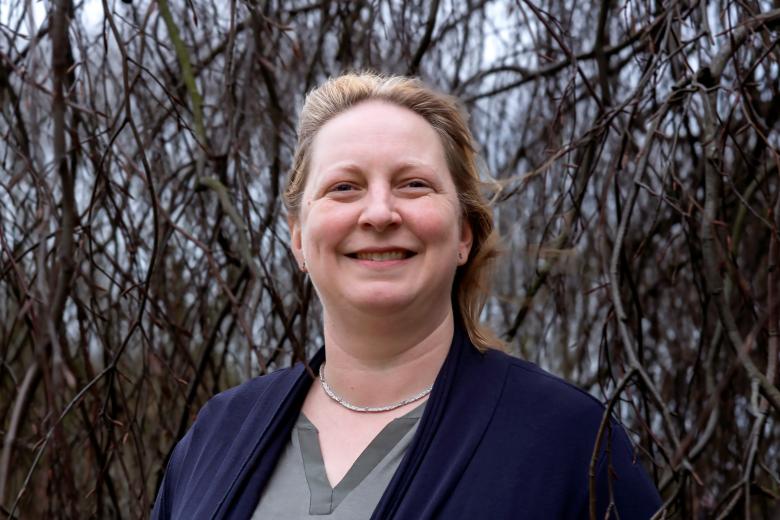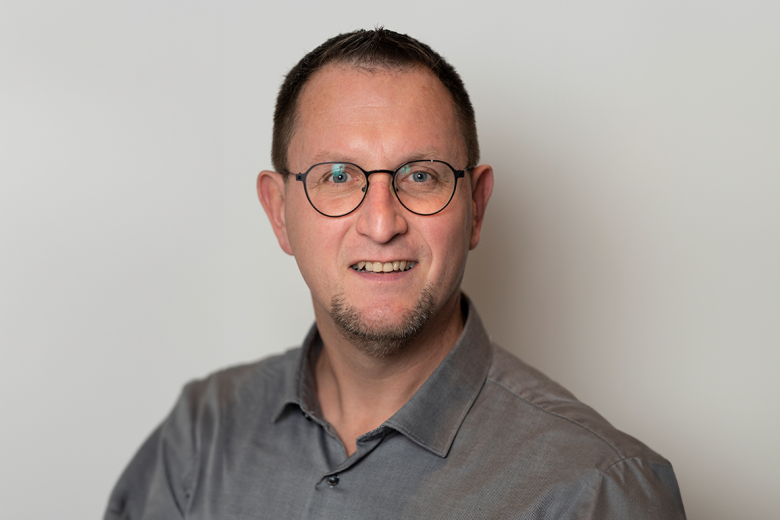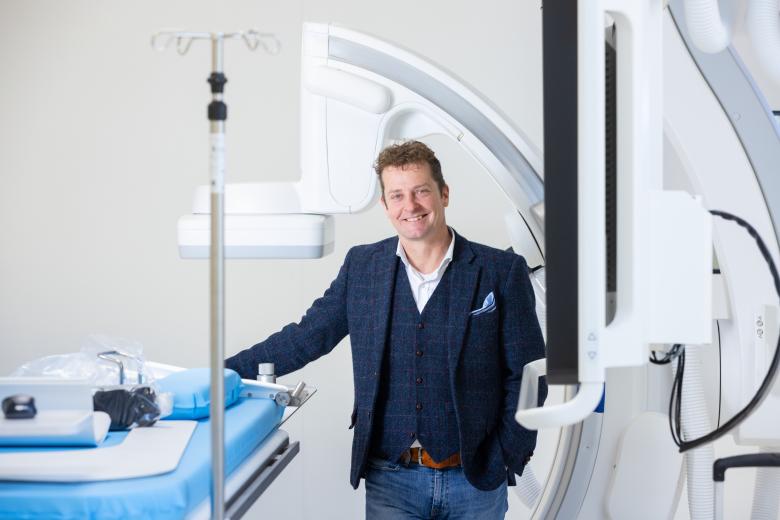Clinical Engineer implements technical healthcare innovations
There are many revolutionary technological advancements in the field of healthcare that, at first glance, look quite promising. However, do they apply in real life, and if so, how can you put them into action? The Clinical Engineer tries to address those questions by offering solutions. Prof. dr. Lee Bouwman explains how in his inaugural lecture on July 7.
With his oration "Clinical Engineering – Maak van je gulden een daalder," he accepts the position of special professor in Clinical Engineering at Maastricht University's Faculty of Science and Engineering. In addition to his professorship, Bouwman works as a vascular surgeon at the Zuyderland Medisch Centrum.
Healthcare costs rise by 3% each year, which may not seem like much, but if this steady trend continues, our healthcare system will cost 174 billion euros in 2040, and one out of every three jobs will be in healthcare. Together with demographics and prosperity, technology is one of the primary causes of the constant increase in healthcare costs. Nevertheless, we will conduct future research with the help of technologists such as engineers, biomedical scientists, and ICT specialists to assure the long-term viability of future healthcare.
By figuring out how to successfully deploy cost-effective technology improvements, Bouwman and his colleagues contribute to maintaining the affordability of healthcare. They have already achieved some success in a number of areas. For instance, they think about localising breast cancer using magnetic tracers rather than more expensive radioactive tracers, and they use big data analysis to optimise care routes.
Also read
-
Working at UM: “a life-changing experience”
"I am proud that our new Circular Plastics group published its first completely in-house research," Kim Ragaert says. She founded the research group three years ago, when she moved to Maastricht. Her work has laid the foundations for many innovations in the field of plastic recycling, and she is...

-
How does the universe taste?
Gerco Onderwater investigates the flavour of the universe while guarding the flavour of the Maastricht Science Programme. On 31 May, during his inaugural lecture, he provided a pre-taste of his work in Maastricht.

-
Bridging the gap between technology and clinical practice
Lee Bouwman, a vascular surgeon and endowed professor of Clinical Engineering, specialises in the implementation of groundbreaking healthcare technologies. The key to success, he says, lies in the collaboration between engineers and clinicians. This approach has already resulted in a range of...
